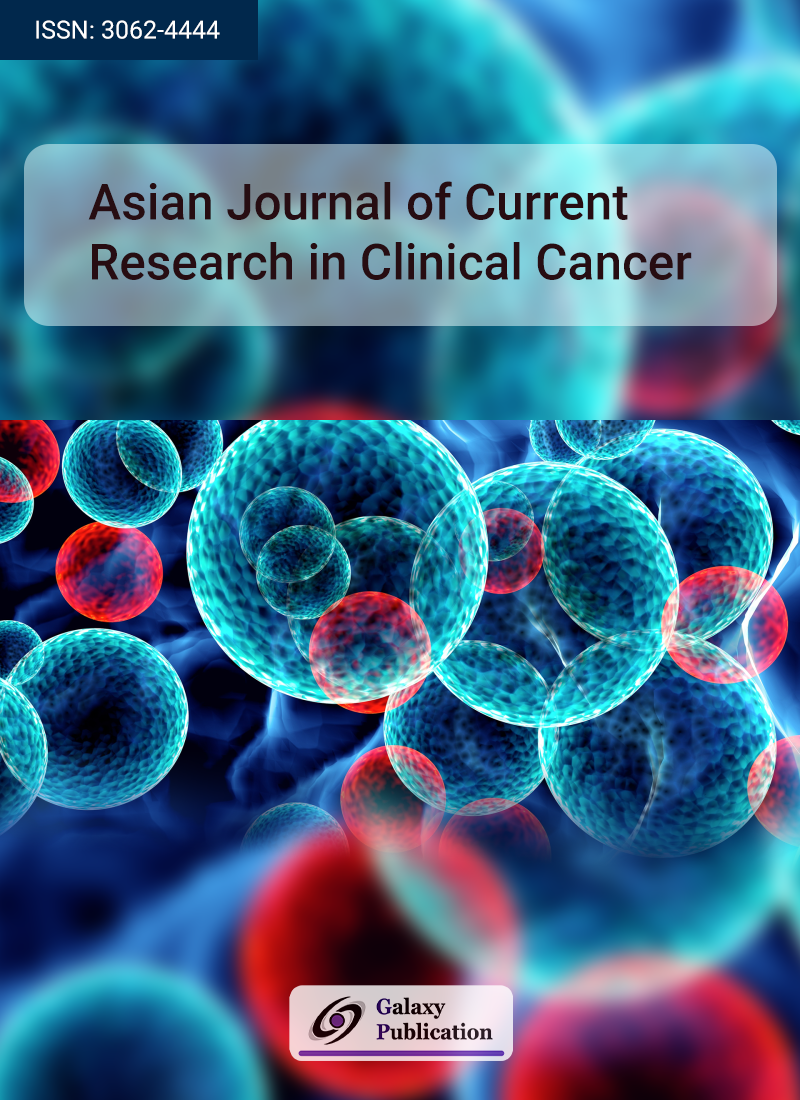
Heliomycin, a compound obtained from the secondary metabolites of actinomycetes bacteria, was tested for its anticancer effects, with tamoxifen serving as the reference drug. Flow cytometry, cell cycle analysis, and apoptosis assays were performed, alongside real-time RT-PCR to evaluate gene expression. The expression of CK-19 was examined by immunocytochemistry, while cytopathological changes were observed using H&E staining and electron microscopy. The results of real-time PCR showed that HER-2 expression was lower in tamoxifen-treated cells compared to those treated with heliomycin. In contrast, the P53 gene showed a significant increase in expression in the heliomycin group, compared to both the tamoxifen-treated and control groups. On the other hand, the genes ERα, TNFα, and TLR-4 showed decreased expression in heliomycin-treated cells. The apoptosis assays showed a significant increase in both early and late apoptotic cell populations in cells treated with either tamoxifen or heliomycin when compared to the control group. Examination by H&E staining and electron microscopy confirmed cell apoptosis, chromatin fragmentation, and shrinkage in the treated groups, whereas such effects were not observed in the control group. Immunohistochemistry of CK-19 showed strong expression in control cells, moderate expression in tamoxifen-treated cells, and mild expression in heliomycin-treated cells. Overall, heliomycin showed promising anticancer effects by inducing apoptosis and upregulating tumor suppressor genes in MCF-7 breast cancer cells.